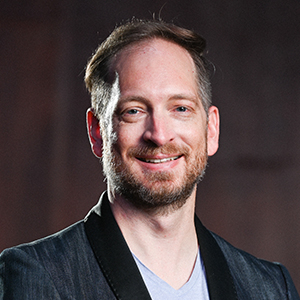
Composition as a musical action, coupled with improvisation, is integrated into several of the undergraduate modules at the School of Music, and in all three of our postgraduate programmes. It is one of the foundations for teaching and learning in the Music Theory modules. Students compose, for example, songs in the style of folk songs or ensemble pieces, all of which can be part of teaching material that they will use later; or they improvise rhythmic accompaniments to recordings of a variety of compositions.
In the BMus programme all students have to do pastiche work, and also compose shorter pieces in freer styles. In the first year Music Theory modules they compose preludes and two-part inventions, and in the second year they write chorale preludes and other short compositions. Pastiche work in a variety of styles is included in the third and fourth year Music Theory modules of the BMus programme.
One can specialise in Composition in the third year, mainly in the BMus programme, but students in BA Music & Society can also take third year Composition. In the fourth year only students in the BMus programme can specialise in Composition.
In the third and fourth year, the largest amount of energy is spent on creating compositions for a portfolio of original works. In the third year, some of these works are arrangements. The content of the portfolios are determined according to the interest of each student and the possibilities for performances. In each of the modules students will also work on theoretical matters (twentieth-century composition techniques, compositional designs, set theory & composition, algorithmic composition), analytical matters (Aural Sonology, psychoacoustics, music and technology / electro-acoustics), and instrumentation and orchestration. Students prepare analyses of their own compositions and reflections on their ways of working for each examination at the end of each semester.
Students who have successfully completed undergraduate modules in Composition can pursue postgraduate studies, specialising in Composition through a Master's and Doctoral degree.
A qualification in Composition can open up various career opportunities, including:
- Film and Media Composer – Creating original music for films, video games, and advertisements.
- Concert Composer – Writing music for orchestras, chamber ensembles, soloists, among others.
- Music Arranger and Orchestrator – Adapting and arranging music for different ensembles and genres.
- Sound Designer and Music Producer – Working in studios to create and manipulate sound for various artistic and commercial projects.
For further information about Composition at the School of Music, please contact Dr Jaco Meyer or Prof Chris van Rhyn.


